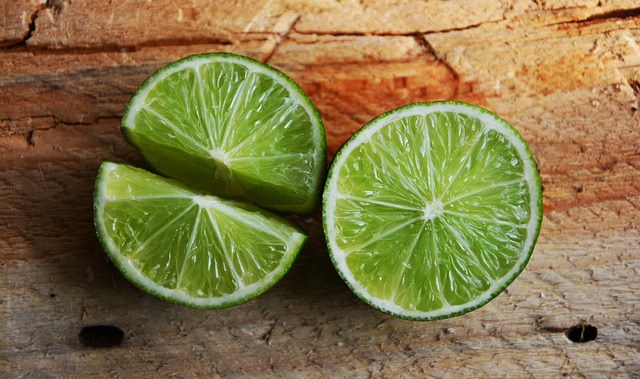The Secret Weapon for Athletes: Maximizing Performance with Probiotics
As an athlete, you are always seeking ways to improve your performance, whether it’s through training techniques, nutrition, or recovery strategies. One area that is often overlooked but can have a significant impact on your athletic abilities is gut health. Yes, you heard it right – your gut health plays a crucial role in optimizing your performance. And the secret weapon to achieving a healthy gut? Probiotics!
Understanding the Gut Microbiome
The gut microbiome refers to the trillions of bacteria and other microorganisms residing in our digestive system. These microorganisms play a vital role in various bodily functions, including digestion, immune response, and the synthesis of vitamins and nutrients. When the balance of these microbes is disrupted, it can lead to gastrointestinal issues, inflammation, and even impact overall well-being.
The Benefits of Probiotics for Athletes
Probiotics are live bacteria and yeasts that are good for your health, especially your digestive system. Incorporating probiotics into your routine can provide numerous benefits for athletes:
1. Enhanced Nutrient Absorption
A healthy gut microbiome is essential for proper nutrient absorption. Probiotics help break down complex carbohydrates, proteins, and fats, making it easier for your body to absorb and utilize vital nutrients. This ensures that you are maximizing the benefits of the nutrients you consume, promoting optimal energy levels and muscle recovery.
2. Boosted Immune Function
Intense physical activity can suppress the immune system, leaving athletes more susceptible to infections and illnesses. Probiotics have been shown to support immune function by stimulating the production of antibodies and enhancing the activity of natural killer cells. By strengthening your immune system, you can reduce the risk of falling sick and missing out on training or competitions.
3. Reduced Inflammation
Intense exercise can lead to inflammation in the body, which can hinder performance and delay recovery. Probiotics have anti-inflammatory properties that can help counteract exercise-induced inflammation. By reducing inflammation, athletes can experience less muscle soreness, faster recovery, and improved overall performance.
4. Enhanced Mental Well-being
Being an athlete involves not only physical but also mental exertion. The gut-brain connection is real, and the state of your gut can influence your mood and cognitive function. Probiotics have been shown to promote mental well-being by reducing symptoms of anxiety and depression and improving cognitive function. A healthy gut can contribute to increased focus, concentration, and overall mental resilience.
5. Improved Digestion and Gut Health
Intense exercise and certain dietary practices can disrupt the balance of bacteria in your gut. This imbalance can lead to digestive issues like bloating, gas, and discomfort. Probiotics help restore the natural balance of bacteria in your gut, promoting healthy digestion and alleviating gastrointestinal problems. Maintaining a healthy gut is crucial for overall well-being and optimal athletic performance.
How to Incorporate Probiotics into Your Routine
Now that you understand the importance of probiotics for athletes, here are some ways to incorporate them into your daily routine:
1. Probiotic-Rich Foods
Yogurt, kefir, sauerkraut, kimchi, and other fermented foods are natural sources of probiotics. Including these foods in your diet can help replenish the beneficial bacteria in your gut. Opt for products that contain live and active cultures for maximum benefit.
2. Probiotic Supplements
If you find it challenging to consume probiotic-rich foods consistently, supplements can be a convenient option. Look for high-quality probiotic supplements with a variety of strains and a high colony-forming unit (CFU) count. Consult with a healthcare professional to determine the most suitable supplement for you.
3. Prebiotic Foods
Prebiotics are a type of fiber that serves as food for probiotics. Including prebiotic-rich foods such as onions, garlic, bananas, and oats in your diet can help support the growth and activity of beneficial gut bacteria.
4. Avoiding Excessive Antibiotic Use
Antibiotics can disrupt the balance of bacteria in your gut, so it’s important to use them judiciously. While they are sometimes necessary,







